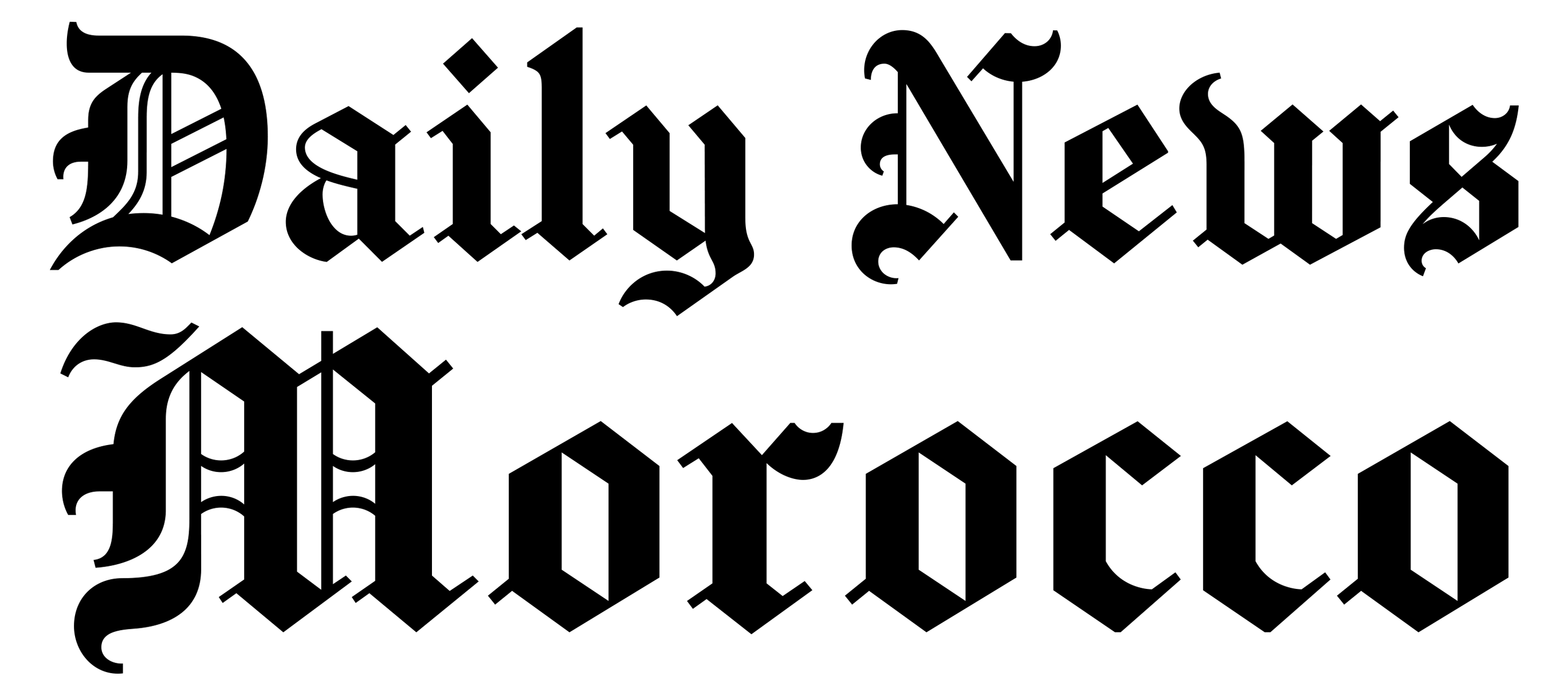Elon Musk, the world’s richest man, reached an agreement to acquire Twitter for $44 billion, the company announced Monday.
The deal comes after a tumultuous few weeks between Musk and the social media firm. He became Twitter’s top shareholder earlier this month and declined an invitation to become a member of its board of directors before expressing his intention to buy the company outright.
Musk — who made his fortune as a leader with companies like PayPal, SpaceX and Tesla — is one of Twitter’s most high-profile users. He regularly uses the platform to spread news about his companies, share jokes and musings, and occasionally court controversy.
Musk describes himself as a free speech absolutist and has criticized Twitter’s current leadership for what he sees as overly aggressive moderation policies that have led to bans on some its most controversial users — most notably former President Donald Trump. Though he hasn’t outlined specifics of how he might change those policies, Musk appears eager to throttle them back. “If in doubt, let the speech … let it exist,” he said during an interview at a TED conference earlier this month.
Why there’s debate
News of Musk’s impending acquisition of Twitter was celebrated by conservatives, who have argued for years that Big Tech firms are aggressively biased against right-leaning views and imposed rules to suppress ideas that don’t mesh with progressive ideals many in Silicon Valley hold. Optimism about the platform’s new ownership doesn’t come exclusively from a partisan direction, though. Some tech industry figures are hopeful that Musk’s influence can help Twitter — and perhaps all of social media — come closer to achieving the vision of a truly open and free public square that early internet pioneers envisioned.
Critics argue that Musk has a weak grasp of what free speech actually means and what rolling back moderation rules would actually do. They point to a long list of online platforms, including Twitter itself, that attempted to take a hands-off approach to speech before being forced to impose new rules after their sites became overrun by hate speech, pornography and dangerous disinformation.
Many commentators worry that Musk will loosen current rules that shield Twitter users from harassment, threats and digital pile-ons that go far beyond typical trolling and could cause severe real-world harm. They argue that if that happens, a lot of people — especially women, minorities and members of vulnerable groups — will have their own speech suppressed by fear of online reprisals.
What’s next
Mergers and acquisitions experts told Yahoo Finance that Monday’s agreement was an end to the deal’s beginning, rather than a sign that it will be completed and described a number of legal hurdles that must be cleared before Musk formally takes over Twitter. The final deal is expected to close sometime this year.
Perspectives
Musk doesn’t understand what free speech means
“Elon Musk is embarrassing himself on the global stage again by proudly bruiting a grade-school level of familiarity with the immensely complex concepts of free speech, censorship, rights and privileges of individuals and government authorities. The fact that this aggressively ignorant person is likely to take over one of the largest communication platforms on Earth should scare the s*** out of you.” — Devin Coldewey, TechCrunch
Curbing Big Tech’s command over what’s allowed to be said will be a win for free speech
“Silicon Valley’s tech lords have decided they want to be arbiters of speech on political topics like climate change and the origins of Covid. Nudging the moderation dial back several notches might promote broader engagement, though expect progressives to scream.” — Editorial, Wall Street Journal
Vulnerable users will have their own speech suppressed by online mobs
“I predict that allowing harmful forms of ‘free speech’ — like misogyny and hate — on Twitter will actually have the effect of silencing many people and will be disastrous for the social network. That’s because thoughtful users aren’t going to voluntarily keep using a platform on which they’re bombarded with abuse.” — Kara Alaimo, CNN
Social media shouldn’t be reserved for just for Democrats
“Musk presents a clear and present danger to the use of Twitter as a one-sided instrument to impose progressive rules on the public debate.” — Rich Lowry, National Review
The only speech Musk cares about is his own
“Musk’s free speech advocacy seems to apply mostly to his own speech or that of his fans and promoters.” — Lora Kolodny, CNBC
It’s good for tech companies to be constantly reconsidering their moderation policies
“Expect the pendulum to swing back on the gatekeeping changes the company has made in the last few years, though he probably wouldn’t abandon them altogether. It would be a continuing exploration of where users’ freedom to swing their metaphorical fists meets the public interest’s metaphorical nose. This is not a bad thing to keep recalibrating.” — Editorial, Star Tribune
No online platform has ever been able to maintain truly free speech
“In practice, nearly every major platform … [has] put into place some rules against things like hate speech, harassment, or inappropriate content. That’s because if they don’t, these platforms tend to devolve into cesspools of hateful, negative, or spammy content that isn’t good for users or advertisers.” — Shirin Ghaffary, Vox
Musk can make social media more representative of the country
“The employees who make the censorship decisions at these powerful social media companies look nothing like the rest of America. They are staffed with hardcore far-leftists whose opinions are far out of step with those of the average person on everything from immigration to transgenderism to energy prices. Fortunately, Musk will change all of that, at least for Twitter.” — Editorial, Washington Examiner
Musk wants to undo years of work that has made the internet more welcoming
“In recent years, there has been progress toward positive freedom of speech — real work to give everyone, truly everyone, more meaningful occasion to speak. Mr. Musk apparently wants to shut that down.” — Anand Giridharadas, New York Times
True dangers to free speech have nothing to do with Twitter content policies
“Free expression is a cornerstone of an open society, and with governments across the world eyeing crackdowns on internet platforms, there’s a complicated interplay between different visions of what should be allowed online. But despite his sweeping declaration, Musk’s eye seems almost entirely focused on the far smaller question of Twitter’s own internal rules.” — Adi Robertson, Verge




